Level 3 HACCP for Manufacturing
Quantity: 1
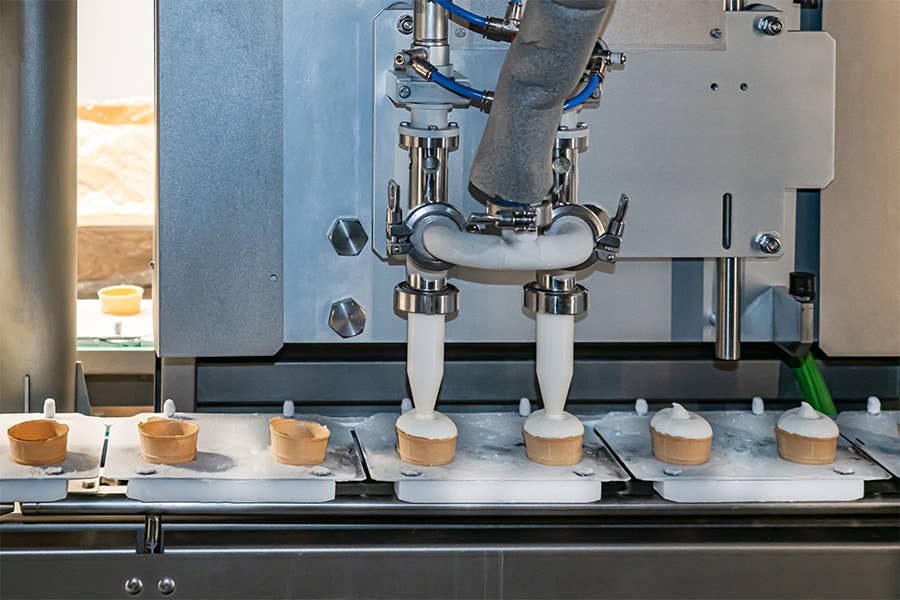
Duration 8-10 hours
Last audited 16th July 2024
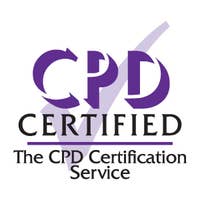
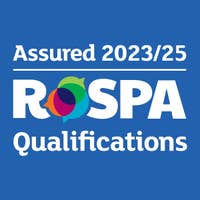
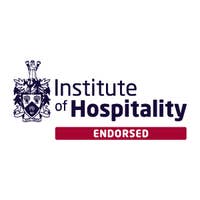

100% online training
Start when you like
Learn on any device (desktop, mobile or tablet)
Instant assessment and result
1 learner per course
Train teams of all sizes
Bulk discounts starting at 10% off 10 courses
Pay by invoice with 30 day payment terms available (5+ courses)
Includes a 10% discount for 10+ courses
By law, all food businesses must ensure that they have implemented an effective food safety management system based on the 7 principles of HACCP in their premises. As a manager or supervisor it’s your responsibility to take part in the planning stages of the HACCP system and ensure that all staff members within the workplace are working safely and in accordance with food safety controls.
This Level 3 HACCP for Manufacturing training course is designed to help learners understand more about what’s involved in a successful HACCP food safety management system. The course outlines each essential step of the HACCP planning process and aids you to understand how to identify food safety hazards, select relevant control measures and ensure the HACCP system continues to operate efficiently and effectively.
100% online training
Access anywhere
Same day digital certificate
Printed certificate posted next working day
Full audio voiceover
Assessment retakes at no extra cost
Developed by food safety professionals and reviewed by an independent lead auditor
Accredited by CP, assured by RoSPA Qualifications and endorsed by the Institute of Hospitality
Ensures compliance with UK regulations on the Food Safety and Hygiene (England) Regulations 2013 (and similar)
Ensures compliance with EU Regulation (EC) No 852/2004 on the hygiene of foodstuffs
Bulk discount for orders of 10+ courses
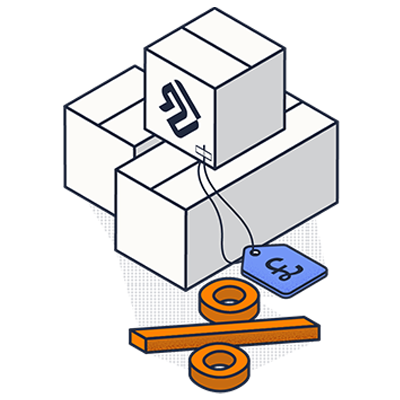
Save on our courses when you buy more training upfront. Lock in a better price now and access the training whenever you need to. You can mix and match any of our courses too and get the discount off your whole order.
10+ courses = 10% off
50+ courses = 20% off
100+ courses = 30% off
500+ courses = 40% off
By the end of this course, learners will:
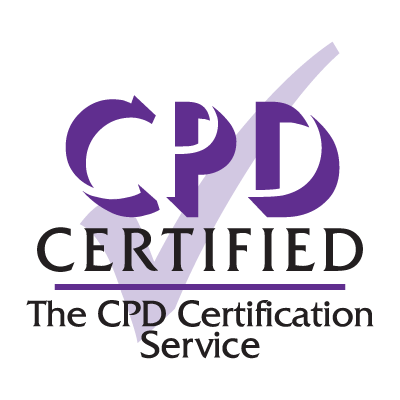
Accredited by CPD
All of our courses are accredited by the CPD Certification Service as conforming to universally accepted Continuing Professional Development (CPD) guidelines.
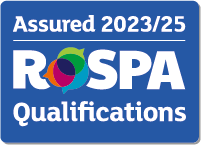
Assured by RoSPA Qualifications
This course is also assured by the Royal Society for the Prevention of Accidents through their RoSPA Qualifications Assurance System, as providing up-to-date, quality and content-approved training.
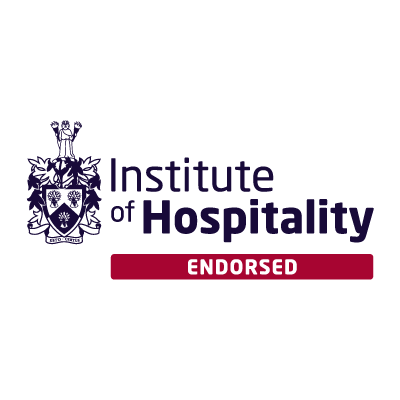
Endorsed by the Institute of Hospitality
Additionally, this course is endorsed by the Institute of Hospitality as providing independently-evaluated, quality content that teaches good practice standards.

Audited and approved by EHOs
This course has been audited and approved by Environmental Health Officers: the training materials have been independently reviewed and are verified as containing the necessary knowledge to achieve the level of training specified.
Recommended renewal:
3 years
What does this mean? This certificate does not have an expiry date, however, based on industry best practice guidelines there is a recommended renewal period.
Our in-house Learning Designers develop all of our courses to give you and your learners the most engaging training possible.








This module introduces the idea of food safety management systems and provides definitions for the key terms associated with HACCP. It also looks into why HACCP is important and how it will benefit your food business.
This module reminds you of the food safety laws that are in place which your food business must comply with, including those related to HACCP and staff training. It also looks at how these laws are enforced, what is meant by a due diligence defence, and alternative food safety management systems that are based on the principles of HACCP.
This module looks at three of the four main types of contamination: physical, chemical and allergenic. It provides information on each of these, including how contamination can occur and control measures you can take in order to prevent contamination.
This module focuses on the fourth main type of contamination: microbial. It explains the microbial food safety hazards that are present in your premises and how you can effectively manage them.
This module explains what is meant by a HACCP prerequisite, and details the first few examples of prerequisites that your food business should have in place before implementing your HACCP system.
This module continues explaining what is meant by a HACCP prerequisite, and explains more examples of prerequisites that should be in place before the HACCP system is implemented.
This module looks at what needs to be considered when planning to implement a HACCP system, including how to create a HACCP plan. It also introduces the 7 principles of HACCP and details the steps that should be taken before principle 1 can be implemented.
This module looks at the first HACCP principle and outlines the 3-step approach to hazard analysis to help you learn how to identify the significant hazards in your workplace that need to be controlled within the HACCP system.
This module explains how to determine when a significant hazard in your food business becomes a critical control point that needs immediate attention should something go wrong. It also outlines how to use a decision tree to help you make this judgement.
This module looks at what to consider when setting critical limits for your identified critical control points in order to ensure that the potential hazards remain under control.
This module explains why it’s necessary to keep an eye on the food safety hazards and closely monitor your critical control points. It also outlines the different methods for monitoring and looks at what should be included in monitoring documentation.
This module looks at the corrective action procedures your business should implement so that you can quickly and effectively deal with any contaminated food products.
This module outlines why it’s important to regularly review the HACCP plan and verify that the HACCP system continues to work effectively. It also looks at some of the key techniques used when validating, verifying, reviewing and auditing the HACCP system.
This module looks at the final principle of HACCP and explains the necessity of keeping accurate and regular records, as well as the importance of keeping the HACCP team well trained and up to date.
This module provides guidance on how to implement the HACCP system across the whole workplace and ensure it becomes a fundamental part of your food production process. This includes ensuring staff members are educated and aware of their roles and responsibilities.
This module contains links to each of the resources included throughout the course that you can download and use in your own business or access to learn more information about the topics included.
The online assessment is taken on completion of the training material. You will be asked 45 multiple choice questions with a pass mark of 80%. The answers are marked automatically so you will instantly know whether you have passed. If you don't pass don't worry! You can take the test as many times as you need with no extra charge.
This course is suitable for managers and supervisors working in manufacturing food premises. The course is designed to help you comply with the EU Regulation (EC) No 852/2004 on the hygiene of foodstuffs, retained within UK law, which requires all food businesses to implement and manage an effective food management system based on the principles of HACCP. Regardless of the UK's membership of the EU, the internationally recognised HACCP principles remain just as relevant and are vital to ensuring the highest safety standards in the food sector.
This certified online training is ideal for people working in positions such as, but not limited to:
It’s recommended that learners take the Level 3 Supervising Food Safety in Manufacturing course before beginning this Level 3 HACCP for Manufacturing training.
If you’re an employee of a food business and are not at a manager/supervisor level, then the Level 2 HACCP for Manufacturing training course is more suited to your needs.